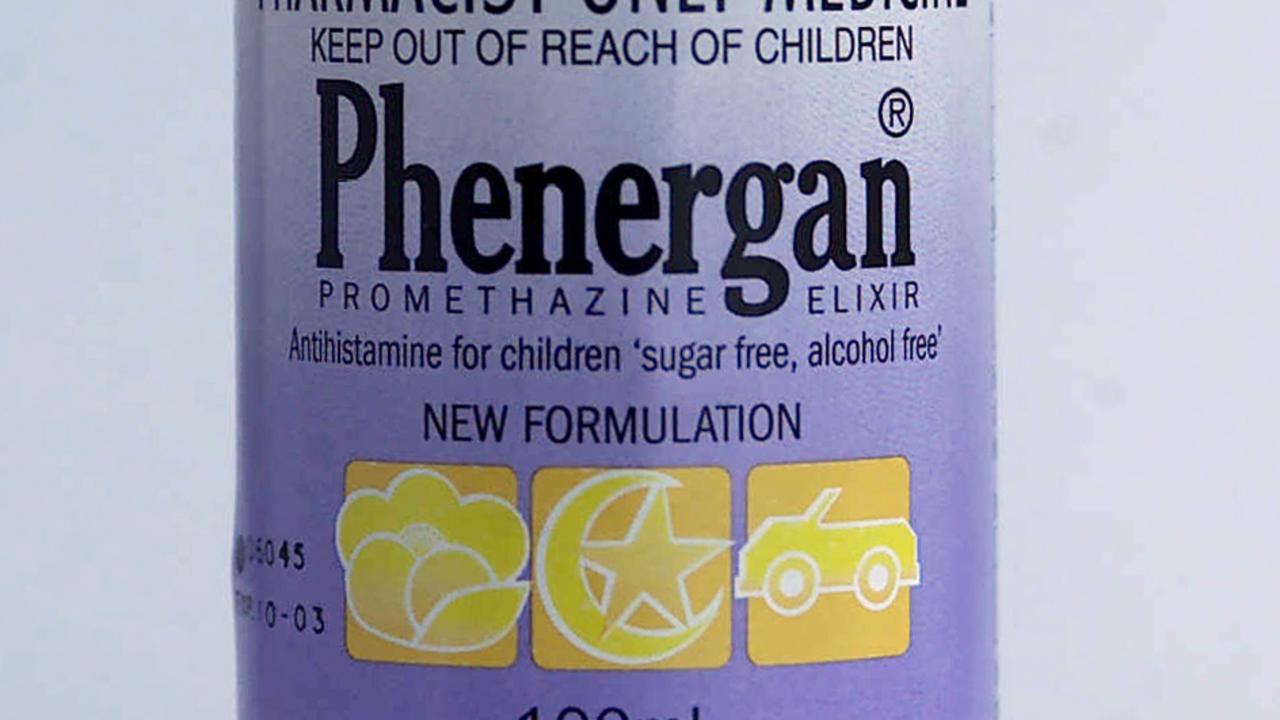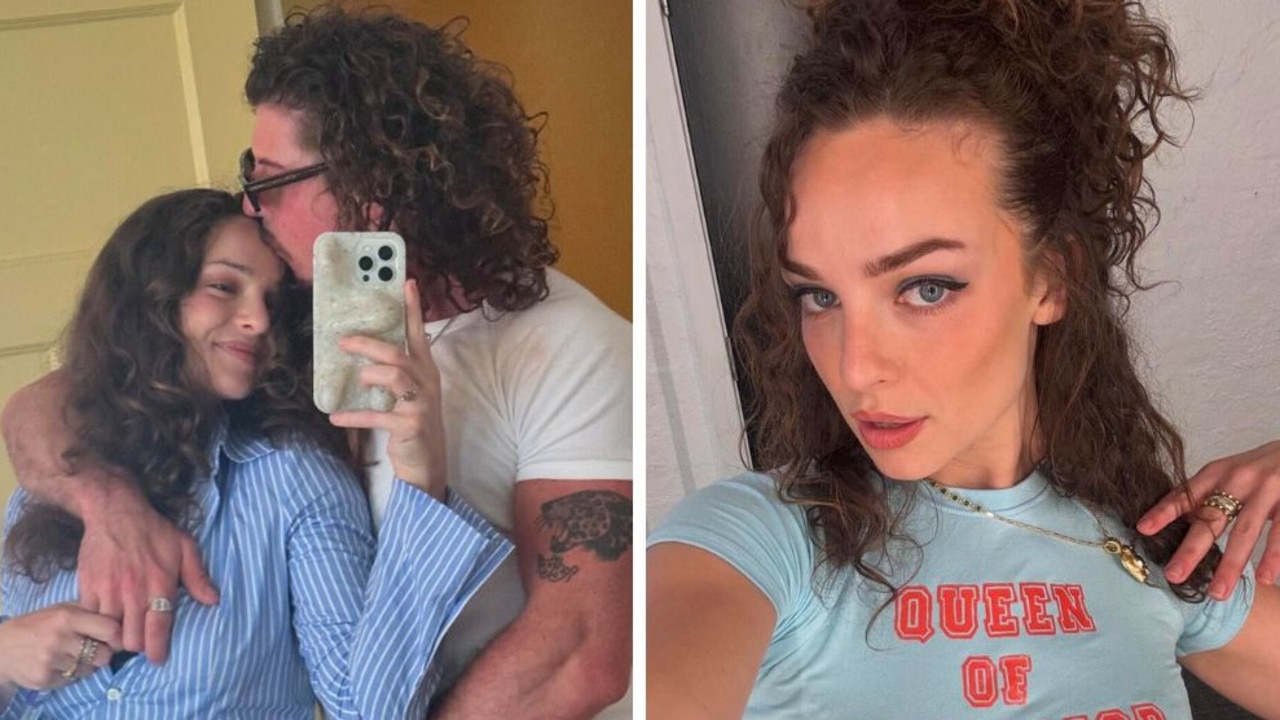‘Essential’: Aussie’s social media opinion sparks debate
Anthony Albanese’s new social media ban has sparked mixed reactions from Aussies, with one woman revealing why she has chosen to speak up.
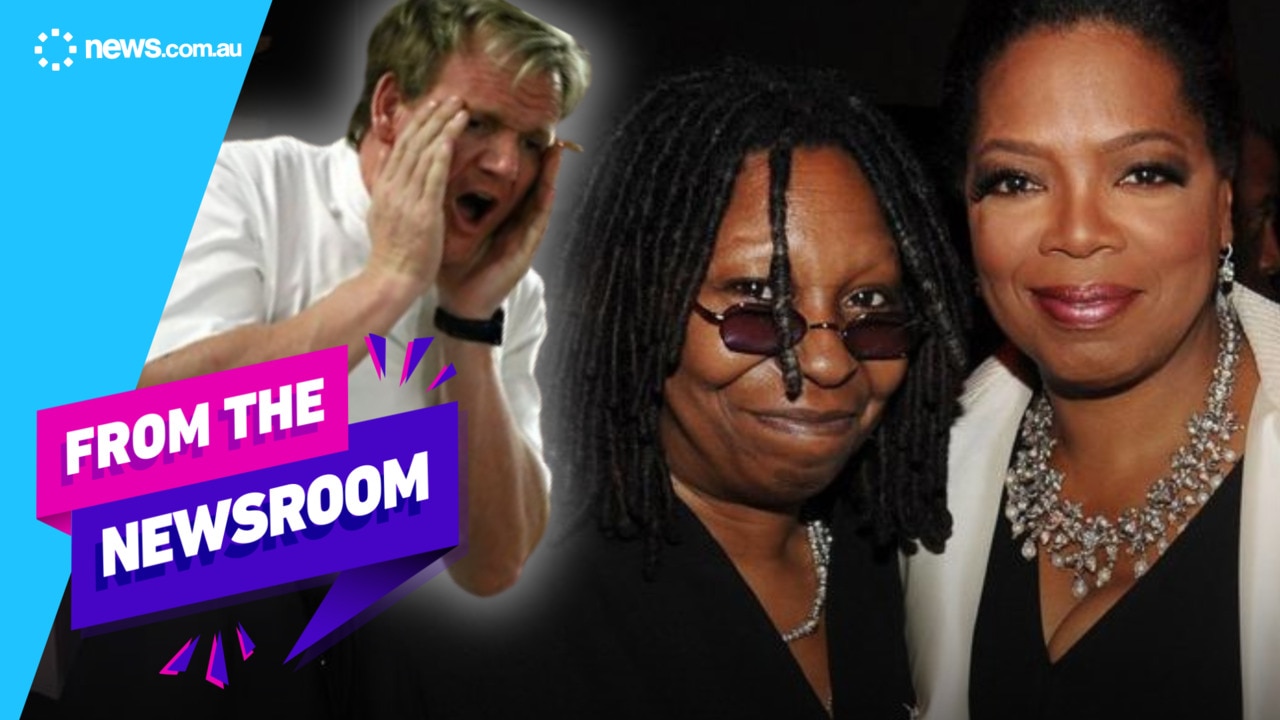
Parenting
Don't miss out on the headlines from Parenting. Followed categories will be added to My News.
Australia has erupted with mixed reactions following prime minister Anthony Albanese’s announcement of a new social media ban for children under 16.
While some have praised the move for helping to protect children, others argue it infringes on parental rights and could negatively impact young people’s communication and socialisation.
One of the prominent voices in support of the ban is Laura Clare, who sparked a viral conversation on her TikTok account on Thursday night.
Her video backing the move has already gained 200,000 views and over 1000 comments.
“I think it’s a step in the right direction for protecting children and teens from being exposed to unnecessary, unhealthy, and dangerous situations online,” Ms Clare told news.com.au.
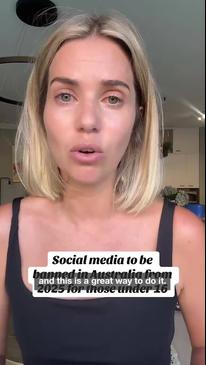
Ms Clare is not a parent herself but runs a Facebook mothers group called Real Mums, which provides support and a judgment-free zone for new parents.
“I’m passionate about the social media ban because I have first-hand experience with bullying, and I hate to think what my childhood would have been like if bullies had 24/7 access to me,” she said.
“It’s joked about online how we behaved at 14 and how kids are behaving now, but it’s not a joke, it’s scary.”
Ms Clare’s support for the ban also stems from her understanding of how addictive and harmful social media can be.
“The algorithm, filters, exposure to graphic material — whether it’s sexual content, violent games, or war footage — predators, body distortion from filters, and the addictive content can be extremely harmful,” she explained.
“These platforms are for adults.”
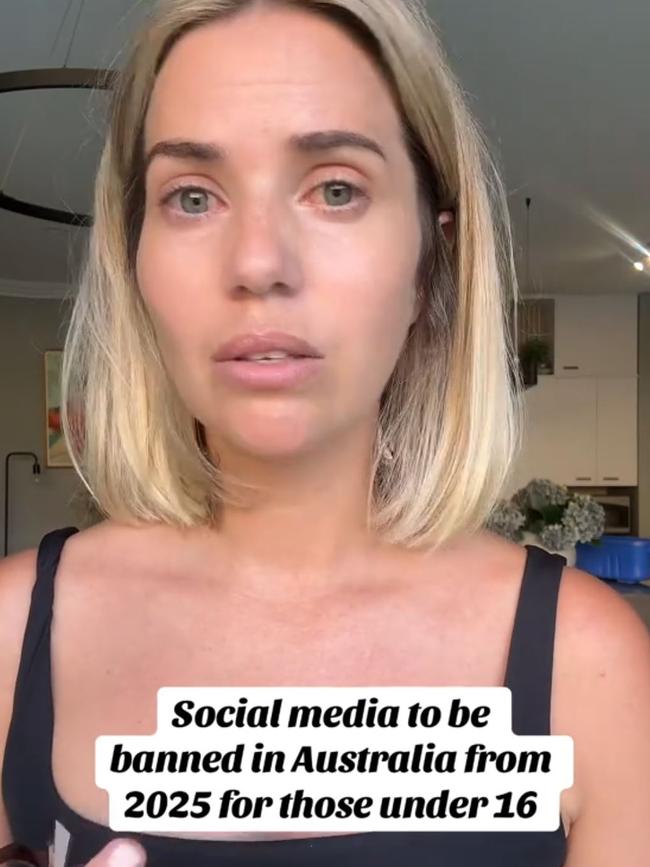
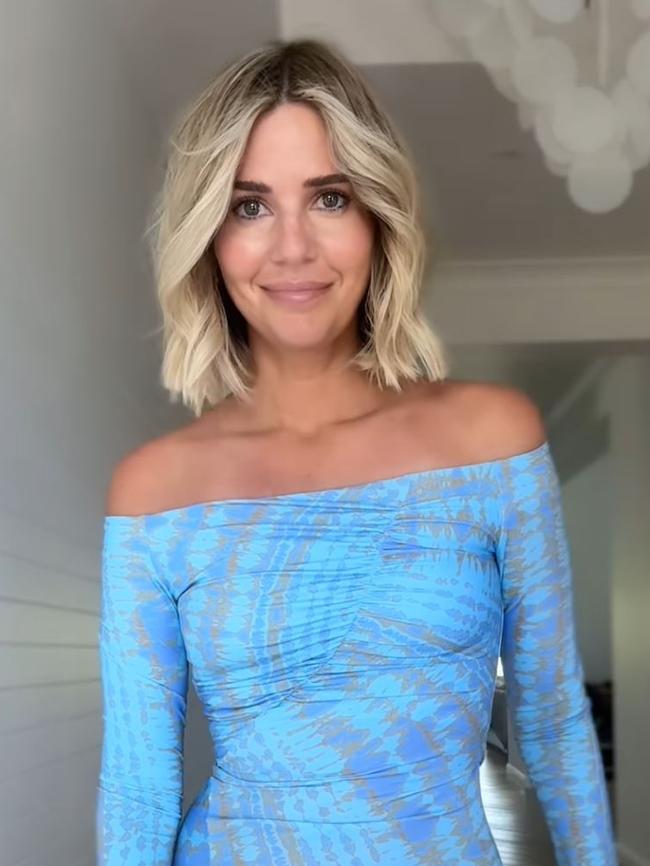
Psychologists say there is a youth mental health crisis caused by an overuse of social media that is leading to loneliness, sleep deprivation and reduced social skills.
Rates of suicide and self-harm are also on the rise in children under 19, with social media directly blamed for the deaths of a number of Aussie kids who have taken their lives after being cyberbullied, groomed and abused by online predators.
When asked what motivated her to create her video, Ms Clare shared, “As a child who could have benefited from more protection, I think it’s important to speak up as I understand the lasting effects of childhood trauma.”
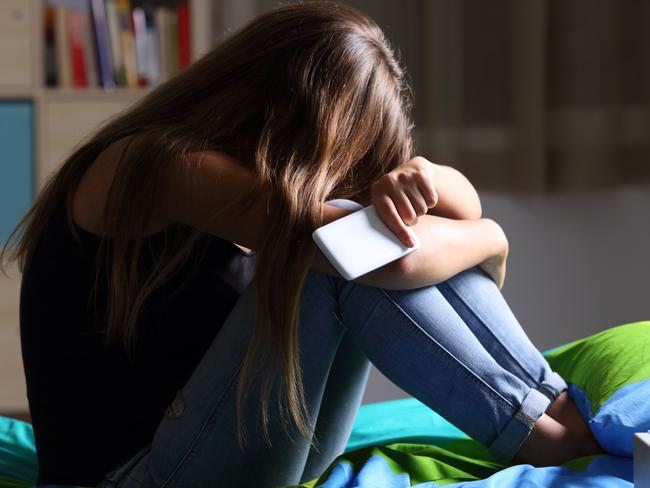
In her clip, Laura told her 46,800 followers, “It’s a great initiative”, however, not all commenters agreed with her stance.
“So my child won’t be able to chat with her friends or her friends overseas? That’s ridiculous. That’s gonna hurt her more than having socials,” one mum argued.
“It’s sad for our family. We have a huge family communication via Snapchat for my 12 and 15-year-old. It’s how they get to see their nephews and their brother and sister,” another commenter added.
“If you’re old enough to work, you should be old enough to be on social media. You can get a job at 14,” one user wrote.
“What a waste of time and government resources,” claimed someone else.
Others thought the government shouldn’t dictate parenting choices: “I tell what my kids can and can’t do in my house, not the government.”
But amid the backlash, some agreed with Ms Clare.
“I love social media, but it can be extremely dangerous, especially for younger kids,” one commenter said.
“We need to figure out how to enforce it, but I think it’s the best thing for them,” another noted.
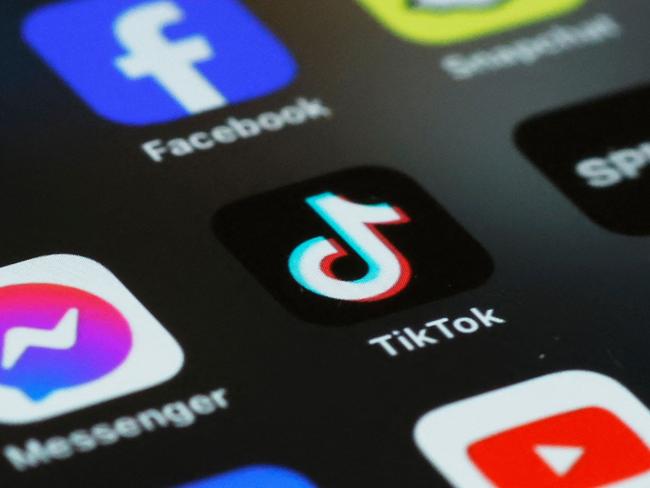
Sophie Scott, a speaker and writer on the science of emotional wellbeing, also weighed in on the topic.
While her four sons are now in their 20s, she recalls how social media influenced their teenage years.
“They all used social media, mainly Snapchat and Instagram, regularly to interact with their friends,” Ms Scott told news.com.au.
She and her husband always tried to teach them the value of tech-free time and would have a family ritual of sitting down and eating dinner together as a family as often as possible.
“I wanted to make family dinners a phone-free experience so we could connect and talk,” she said.
Ms Scott’s advice for parents navigating conversations about the ban is to simply sit down and have a chat with them about it.
“Also, as much as possible, model ideal behaviour yourself as an adult. Kids are more likely to look at what you do (more than what you tell them). If you are always on your phone and on social media instead of being present with them, they will see that and do the same,” she said.
While Ms Scott believes the ban is a “good idea” she encourages the government to look into alternative approaches to tackling the problem, such as making online environments safer for young people through regulation.
“The European Union has introduced the Digital Services Act where online platforms have much stricter rules on transparency and accountability to keep young people safer online,” she explained.
“Other jurisdictions such as France have brought in parental consent required for kids under 16 using social media.”
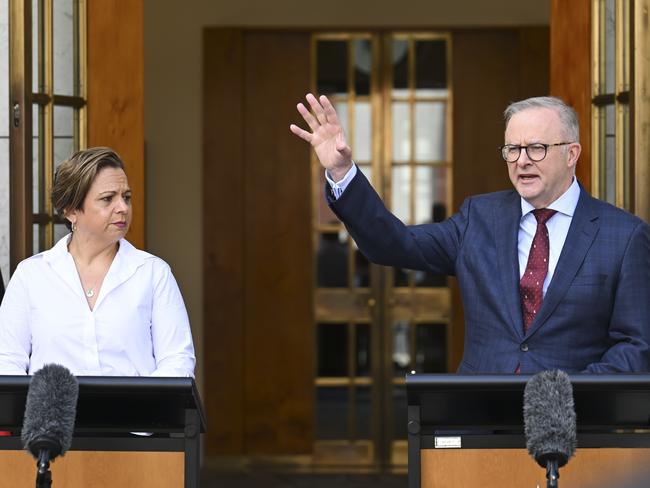
Mr Albanese announced the legislation on Thursday, describing it as “world-leading” and a necessary measure to protect young Australians.
The ban, which applies to all children under 16, will prevent them from using social media platforms even with parental consent.
“This one is for the mums and dads. Social media is doing real harm to kids and I’m calling time on it,” Mr Albanese told reporters outside parliament.
The new laws were discussed today with the state and territory leaders who all agreed with the legislation that will be brought to parliament in November.
Once passed, the tech platforms would be given a one-year grace period to work out how to implement and enforce the ban.
Originally published as ‘Essential’: Aussie’s social media opinion sparks debate




